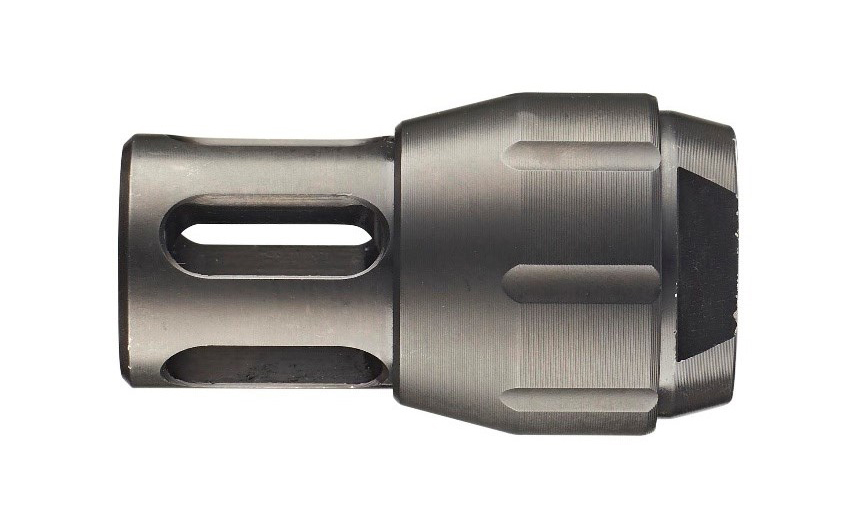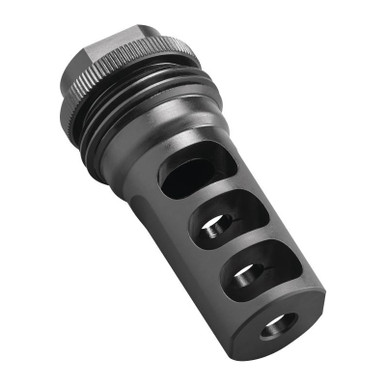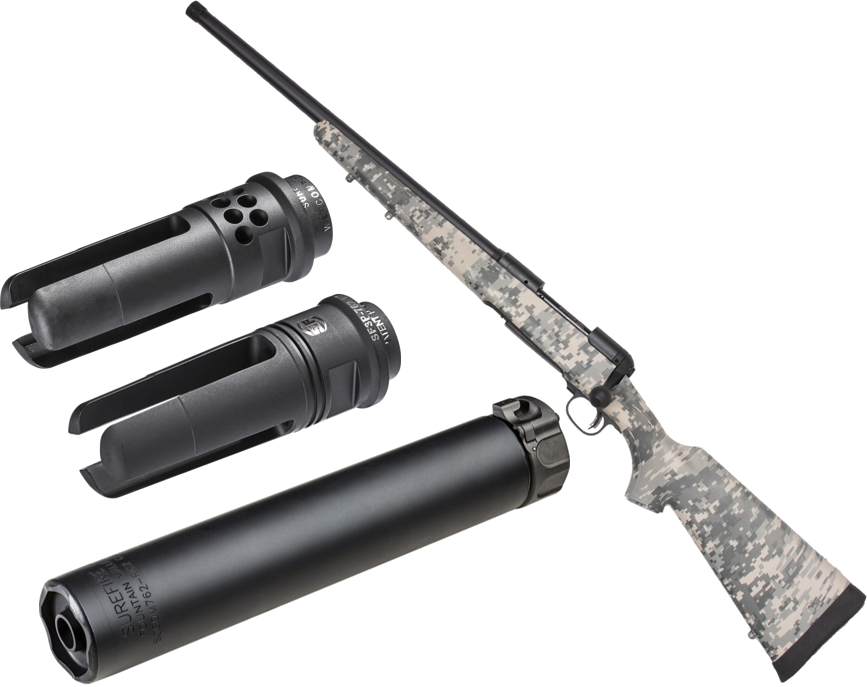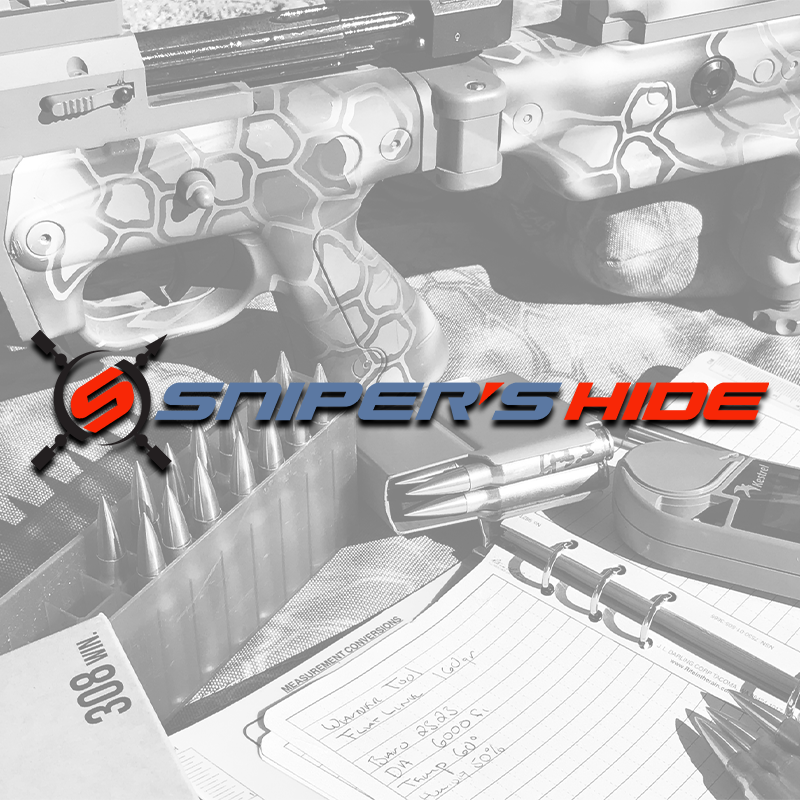Hello fellow keyboard warriors,
I've seen lots of posts about muzzle brakes being beneficial in a suppressor to act as a sacrificial baffle. This got me to wondering.........
If the muzzle brake truly acts a baffle inside the suppressor then it should make the shot quieter. Has anyone tested this out?
As a follow up, I'm wondering if it would have any effect on first round pop.
Post up any data you guys have and lets get this conversation started.
I've seen lots of posts about muzzle brakes being beneficial in a suppressor to act as a sacrificial baffle. This got me to wondering.........
If the muzzle brake truly acts a baffle inside the suppressor then it should make the shot quieter. Has anyone tested this out?
As a follow up, I'm wondering if it would have any effect on first round pop.
Post up any data you guys have and lets get this conversation started.






